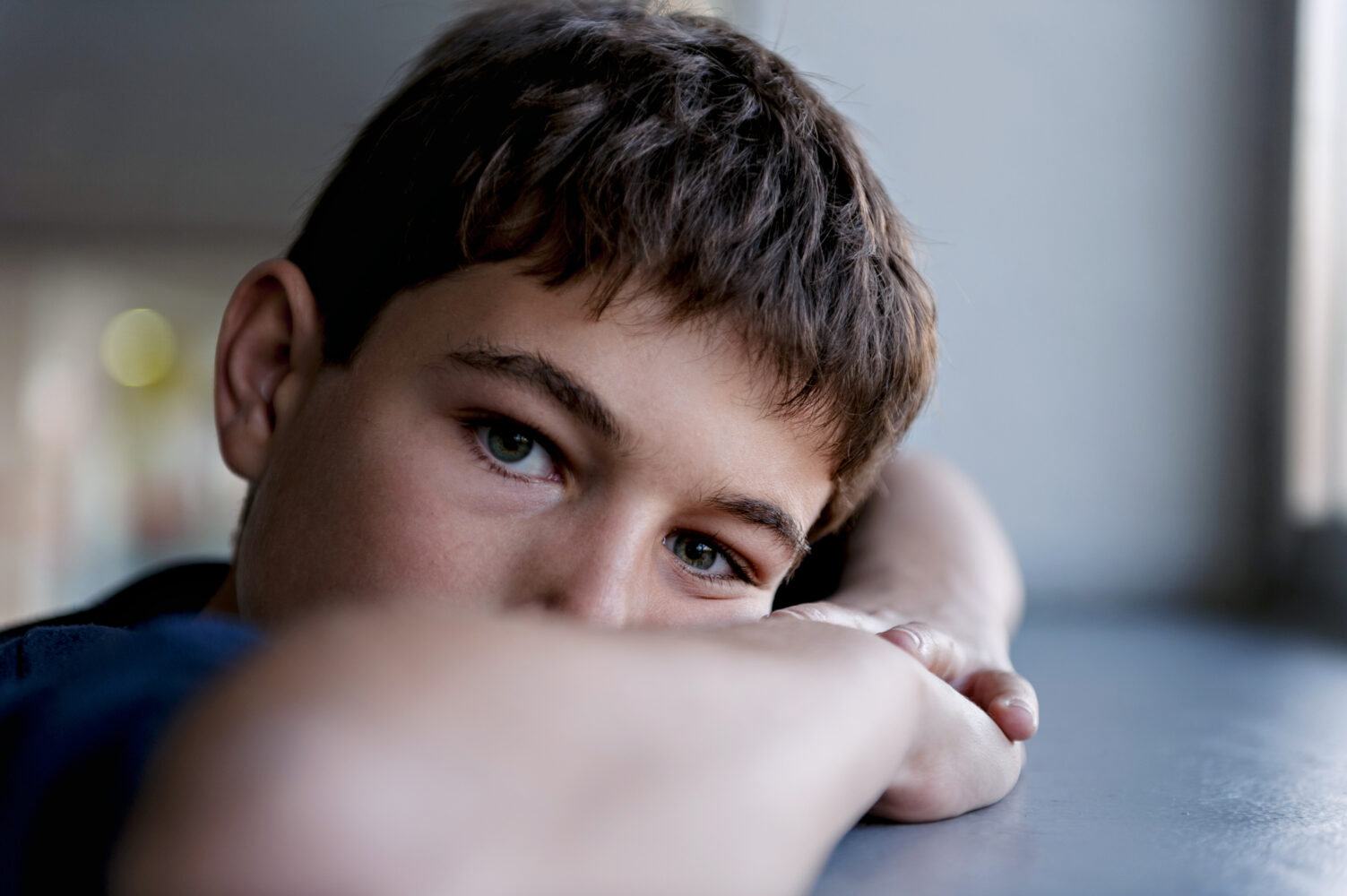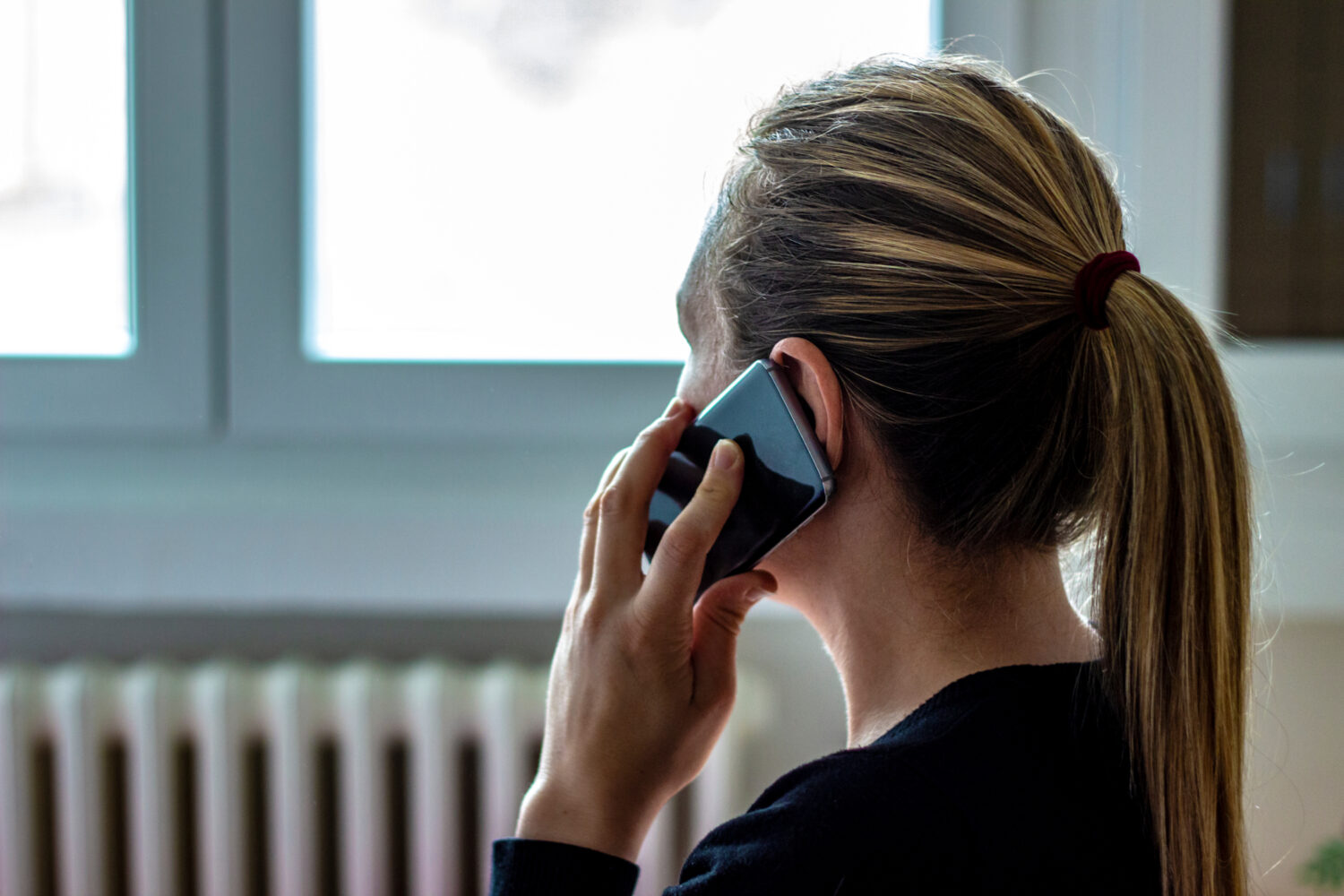
Sexual violence
Sexual violence is when someone has to undergo sexual acts against his or her will (for example, in the case of assault, rape or incest); has to perform sexual acts; or has to witness such acts against his or her will. Sexually transgressive behaviour such as sexual blackmail or intimidation is deemed sexual violence too. The increase in sex on the Internet (including social media) is leading to new forms of sexual violence, such as the unauthorised sharing of nude pictures.
The Criminal Code makes various sexual offences and offences with sexual overtones punishable, such as rape, assault and abuse of sexual images. Sexual violence often involves making threats, calling names or blackmailing. For example, the abuser threatens with violence if something is not kept secret. Sometimes, the victim is also physically abused or forced into sexual acts. The abuser is often known. Anyone can be a victim of sexual violence, regardless of age or gender. Victims sometimes remain silent about their experiences for years. Sexual violence can have major physical and mental consequences, such as depressive symptoms and reduced self-esteem.
Are you affected by sexual violence?
This is what you can do!
Contact Safe Home
Safe Home is for everyone who is directly or indirectly affected by domestic violence and child abuse, including sexual violence.
You can call for advice and support. This can either be for yourself or for someone else. You will speak to an employee who will listen carefully to what you have to say. This employee answers questions and gives advice. The employee will check with you whether professional help is needed and what help is best. You can remain anonymous if you want or need to.
Sometimes, it quickly becomes clear what the problems are and what help is needed. In that case, we will refer you to the right service or organise the right help for you. Sometimes, the problem is not clear and therefore that needs to be established first. Safe Home does this with the people concerned, as much as possible. But if that is not possible, Safe Home can also conduct an investigation without the consent of those involved, should this be necessary for the safety of the children or adults.
Are you not sure? Call us or chat, anonymously if you want, for advice. Nothing changes if you don’t! If you want to report sexual violence, contact Safe Home in that case as well.
Talk about it with someone you trust
You can do this as an adult
Talking to someone close to you is an important first step. Often, there are more people willing to help you than you think. A General Practitioner, a close friend, family member or a neighbour who you trust.
In addition to telling this person your experiences, you can also contact the Sexual Violence Centre for advice, a talk or to make a report. Do you need help or do you have questions? People at the Limburg Sexual Violence Centre are available day and night by calling 0800-1191888. You can also use chat with one of the professionals.
If you have been abused, assaulted or raped recently, you can have yourself examined by your General Practitioner or at the Sexual Violence Centre.
You can also make an appointment with the police. The police have specially trained vice detectives with whom you can have an informative meeting. In this meeting, you will discuss what you need and what the options are. The detective also explains what to expect if you want to press charges. You don’t have to press charges, that is optional. To make an appointment, contact the police by calling 0900-8844 and ask for the vice department in your area.
Children and adults who are victims (or witnesses) of sexual abuse can also contact the Sexual Abuse Helpline, by calling 0900-999 90 01.
Alternatively, you can contact Victim Support Netherlands for help and advice through their website or by calling telephone number 0900-0101.



You can do this as a child
If someone touched you and it didn’t feel right, it is perfectly normal to be confused. You can have all kinds of mixed feelings about it. Remember that it is never your fault. You are a child. You did not do anything wrong!
The first step you can take is to think it over and try to imagine what it would be like to tell someone. This must be someone you trust and who knows you well. Like a friend, the girl next door, a classmate or an aunt. The next step you can take is to actually tell that person.
You can also tell someone from the Sexual Violence Centre, anonymously if you want. You can call (0800-0188) or chat as many times as you want without telling your name. And they don’t do anything you don’t want to.
Alternatively, you can call the Sexual Abuse Helpline on 0900-999 90 01, if you yourself have experienced something unpleasant or if you have witnessed sexual abuse.
You can also call the Children’s Helpline on 0800-0432 or chat via the Children’s Helpline website.
You can of course also call (0800-2000) or chat with Safe Home. They will give you advice on what to do.


Need help right away? Call the police!
Emergency? Call 112.

What happens when I call?
- We listen to your story
- You get advice
- We will look for help together
You can contact us 7 days a week, 24 hours a day (for free).
This is what you can do if you are worried about someone else
Contact Safe Home
If you have strong suspicions that someone is a victim of sexual abuse, you must report this. Those involved often feel powerless, afraid or ashamed. Because they are afraid to talk about it themselves, it is very important that you do something about it when you notice signs of sexual abuse. It is important that the abuse stops and that help is available for everyone. Someone has to take that first step!
You can contact Safe Home for advice and support. You can call us (0800-2000) or chat with us.
If you want to report sexual abuse, contact Safe Home in that case as well. You can do so by completing the report form for professionals or by telephone.
Talk to the person involve
Talk to the people involved and listen without judgement. Sometimes, victims who have been subjected to sex against their will or who have been raped receive negative reactions from their environment. People don’t believe them for example.
These reactions from the environment are also referred to as ‘victim blaming’.
It is important not to judge. Let people know that you are there for them and listen carefully. If the case does involve sexual abuse, you can discuss together how you can do something about it.
If you would like advice on how to start a conversation and what to pay attention to, you can also contact Safe Home.
Need help right away? Call the police!
Emergency? Call 112.
